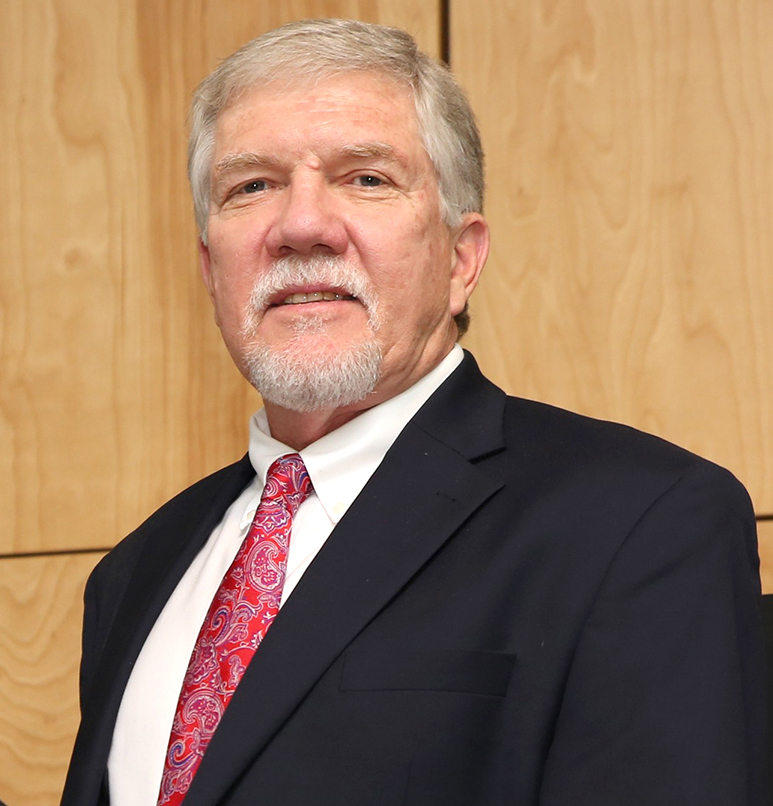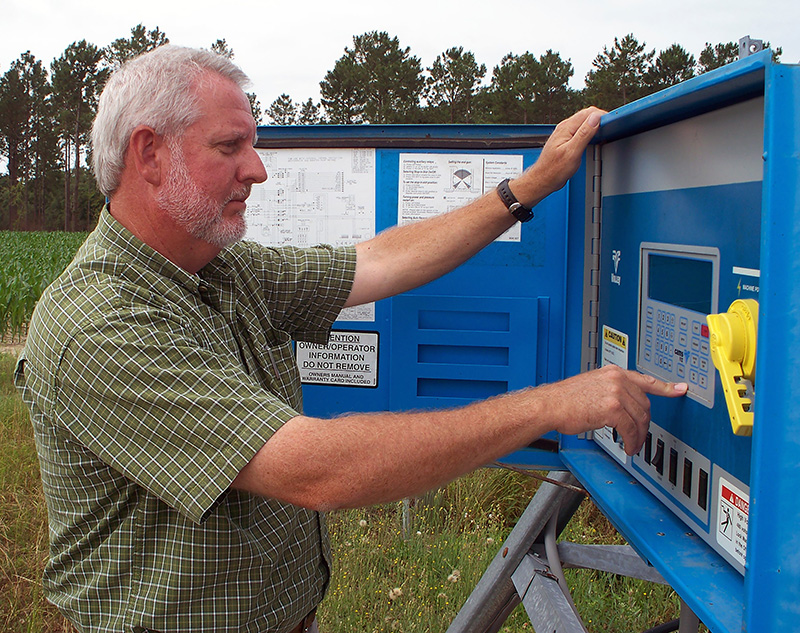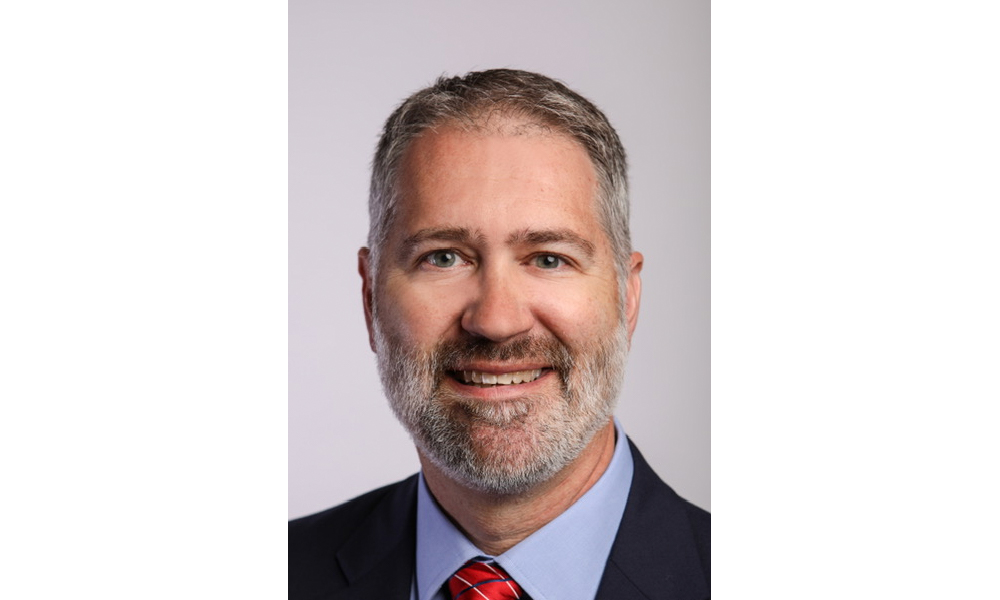Amid a growing epidemic of deep budget cuts to colleges of agriculture across the country, many states have redesigned their teaching, research and extension programs to fit their funding. Each has searched for a perfect model that will serve its clientele as well as the century-old system that made the American agriculture system the world leader in food production.
Our system of educating students to lead the industry, conducting robust research to solve problems and enhance agricultural production, and delivering that research to all growers in every county of the state through Cooperative Extension has been a good one. To run smoothly, however, the system depends on solid cooperative funding from federal, state and county governments.
Budget cuts
As each level of government has faced economic hardships, land-grant universities watched funding for agriculture shrink. Over the past two years, University of Georgia Cooperative Extension has lost 23 percent of its state funding. Due to these cuts, we have eliminated, through attrition and retirement, 88 county extension agents and 26 specialist and administrator positions.
With lawmakers predicting even deeper cuts in the 2012 state budget, we can no longer sustain our current education delivery model.
In March, we began gathering information from those we serve, our employees and other states to help us formulate a new plan for how we can continue to support Georgia agriculture and keep the largest sector of our state economy growing. With just 113 agriculture agents, 36 family and consumer science agents and 90 4-H agents remaining, and 159 counties to serve, we knew we couldn’t continue to fully support every county.
The plan
Using a range of criteria specific to each county, we developed a new structure that will work best to continue to bring vital education from the university to the Georgians who need it. The framework for the new delivery model will be based on tiers of service, meaning services in a county will depend on the needs and available funding in that county.
As we implement this plan we will add to our catalog of online materials and work to create a more active virtual community for educating consumers and growers. We will offer more multi-county programs, too, especially in specialized crops and training areas.
We are working very hard to ensure some level of 4-H program for every county to support leadership and youth development for our young people. For many schools, 4-H is a vital part of their hands-on, applied science curriculum. We want to strengthen that support to help school systems, which are struggling with their own budget problems, to meet science education goals.
When you buy a new car, it takes a while to get used to the new look and feel of how it handles. There are new features and gadgets to figure out. As we roll out this new model, Cooperative Extension may take on a new look and feel in your county. We will have some new features. Some old ones will be phased out. But we will do our best to continue delivering the reliable service and education across the state that you know and trust.





